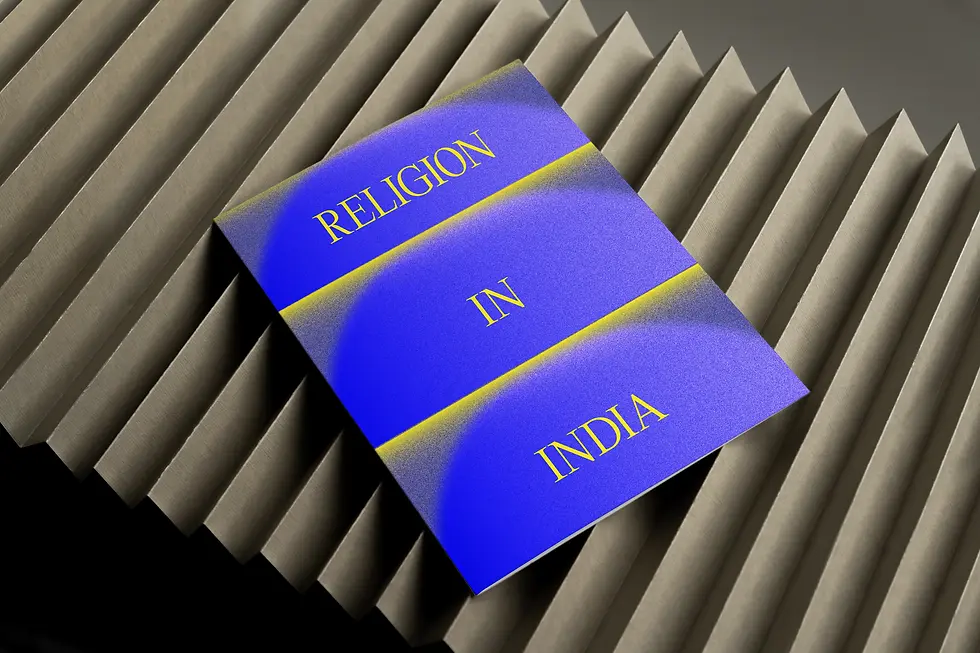
INFORMATION & EDITORIAL DESIGN
More than 70 years have passed since India gained independence from colonial rule, and many Indians believe that their country has successfully achieved one of its post-independence ideals: a society where followers of diverse religions can live and practice freely.
India's population is both diverse and devout, with the majority of the world's Hindus, Jains, and Sikhs residing there, as well as one of the largest Muslim populations in the world, and millions of Christians and Buddhists. Despite the increase in religious riots and discrimination caused by a Hindu nationalist government, the survey found that Indians generally felt free to practice their religion.
The Pew Research Center survey, which was conducted between late 2019 and early 2020 (before the COVID-19 pandemic) and involved nearly 30,000 face-to-face interviews with adults in 17 languages, explored religious attitudes and practices in India.
The survey found that individuals of all religious backgrounds overwhelmingly reported that they are free to practice their faith, even in the face of growing religious tensions. This was true across a wide range of measures, including the ability to worship, the ability to wear religious clothing, and the ability to teach and transmit religious traditions to future generations. It's worth noting, however, that there were some differences between religious groups in terms of their experiences of discrimination and harassment. Muslims, in particular, were more likely to report experiencing discrimination, and they were also more likely to say that their community's religious freedom had declined in recent years.
Despite these challenges, the survey results suggest that Indians see religious tolerance as a core aspect of their national identity. Across major religious groups, most people believe that respecting all religions is essential to being "truly Indian." And this is not just a civic value but a religious one as well: Indians are united in the view that respecting other religions is an important part of what it means to be a member of their own religious community.
















